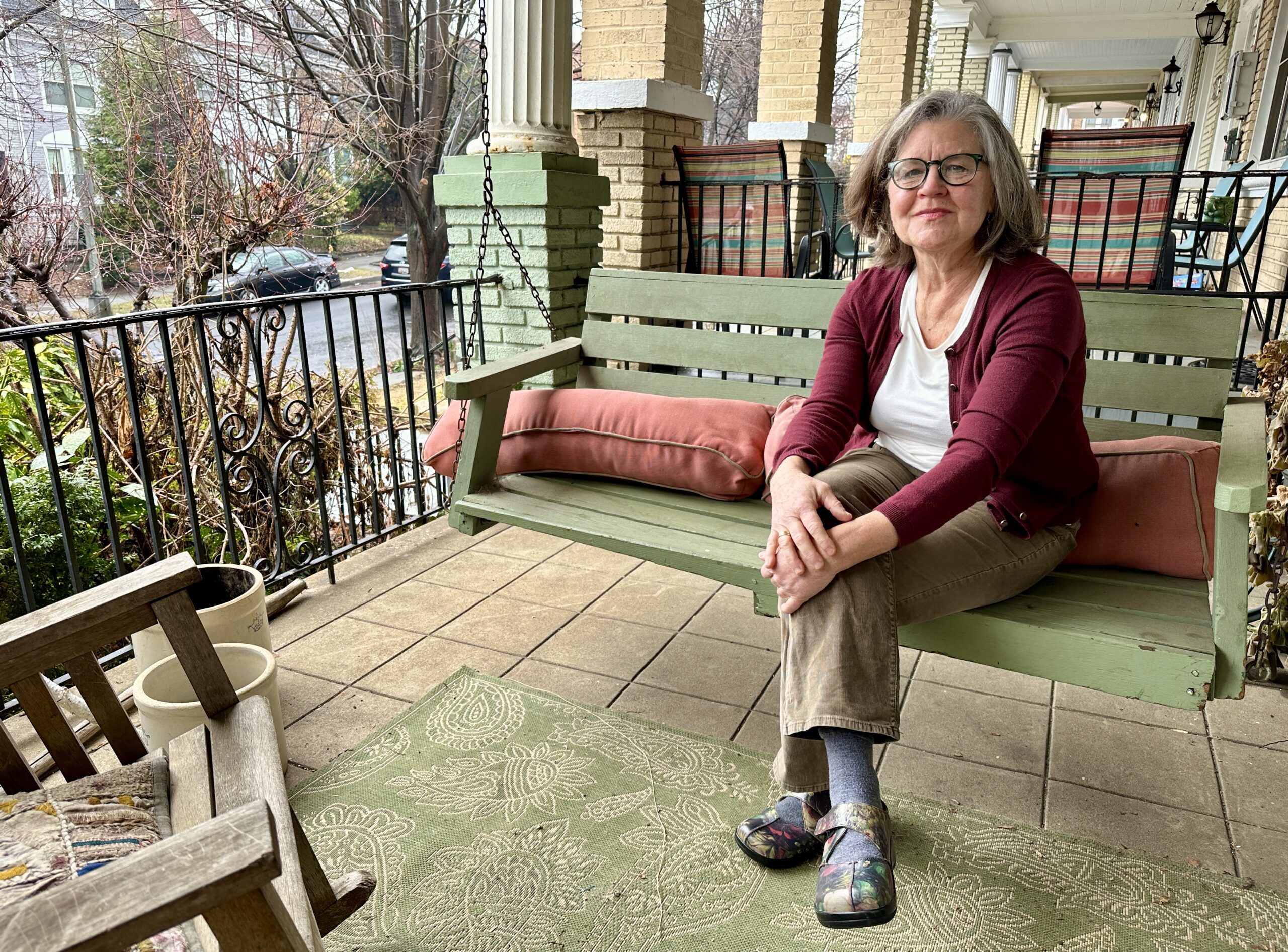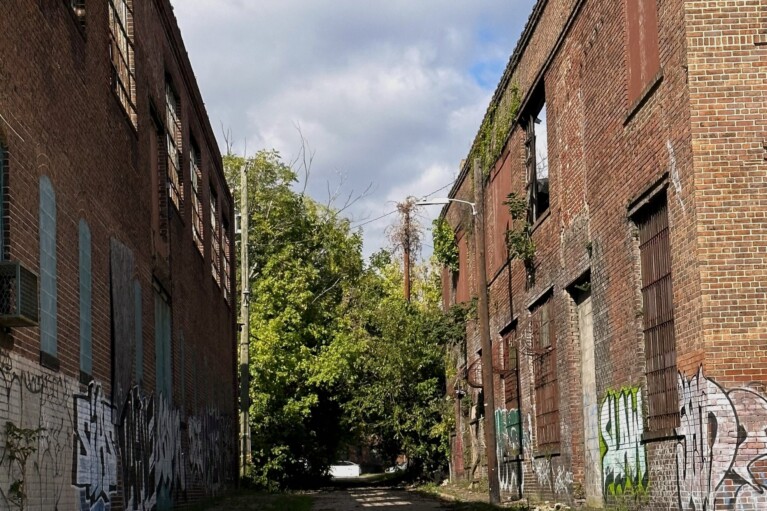As Md. considers medical aid in dying, here’s how it’s playing out in D.C.

By Sapna Bansil
A 74-year-old man with Lou Gehrig’s disease. An 88-year-old man with congestive heart failure. A 54-year-old woman with cancer.
These are among the 24 terminally ill patients who, between 2017 and 2022, ended their lives under Washington, D.C.’s Death with Dignity Act, according to public records. The law gives D.C. residents with incurable illnesses the option to die by ingesting lethal medication and requires the government to generate annual reports on those who chose to do so.
Those reports are of interest this year as legislatures across the country push to expand access to medical aid-in-dying options like the one in D.C. In neighboring Maryland for example, bills to legalize the procedure are now pending in the General Assembly.
In Maryland, aid-in-dying proposals in past years have faced pushback from a number of opponents. Religious groups and pro-life activists argue it infringes on their belief in the sanctity of life. Physicians fear it may violate medical ethics. And disability rights groups worry that aid in dying would be used to encourage individuals with disabilities to end their lives.
But advocates say there’s unprecedented momentum this year for an aid-in-dying law in Maryland — in part because arguments for the option have been strengthened by its implementation in D.C. and 10 other states.
People in Maryland “should feel safe knowing that it’s tried and tested,” said Donna Smith, the Maryland and D.C. campaign director for the nonprofit group Compassion and Choices. “It’s not a large number of people that use this, but for the people that need it, it’s everything.”
In 2016, D.C. became the sixth jurisdiction in the nation to pass aid-in-dying legislation. According to a Capital News Service analysis of annual reports released by the D.C. Department of Health, the 24 people who have died under the law ranged in age from 40 to 98. Seventeen patients had cancer, while others had neurological, heart or lung conditions.
Data was available through February 2022. The District officially counts 23 people as having utilized aid in dying; however, 24 patients are listed in Department of Health records.
Many who sought aid in dying did so to end their suffering, according to Dixcy Bosley, a nurse care manager in D.C. who specializes in hospice and end-of-life care. As a volunteer with Compassion and Choices, Bosley has counseled several patients in the District who pursued it as an option.
“I’ve been with five people,” Bosley said, “and every single one was just a really peaceful experience.”
Bosley recalled the first aid-in-dying patient she cared for in the District: A man in his 60s and former electrician who depended on an oxygen tank to breathe. To be eligible, patients must have less than six months to live, make a series of oral and written requests and be sound of mind.
Bosley said she was struck by how the man planned for his death. He set a date and had family and friends visit to say their goodbyes.
“He was not suicidal,” Bosley said. “He really just wanted to stop suffering.”
On the day he died, his wife and daughter were by his side as he mixed and ingested the medication. Through the cracked windows in his room, they could hear the sounds of a neighboring elementary school.
“We could hear the kids in the elementary school playing and laughing outside,” Bosley said. “I just felt like it was just a beautiful death.”
Concerns about ethics and access
Fewer people have utilized aid in dying in D.C. than advocates had expected, according to Smith.
Among the biggest barriers to accessing the procedure is the lack of doctors and pharmacies willing to provide care. In D.C., there have never been more than four physicians who have prescribed life-ending medications in any given year, the CNS analysis found.
And according to Bosley, many retail pharmacies refuse to fill aid-in-dying prescriptions. (Major retailers declined or did not respond to CNS requests to discuss their policies on this.)
The Medical Society of the District of Columbia, which represents physicians in the District, did not offer an opinion as the D.C. Council was debating its law in 2015 and 2016. A spokesperson for the group declined to comment for this story.
But many providers feel that aid in dying is inconsistent with their obligations to treat and heal their patients.
“People bristle at the idea that we would be able to heal through killing,” said Daniel Sulmasy, a physician who serves as director of the Kennedy Institute of Ethics at Georgetown University. “This is something that I think grates against the fundamentals of the profession.”
MedStar Georgetown University Hospital prohibits doctors from participating in the District’s aid-in-dying program, according to Sulmasy.
“We can stop treatments and make sure people are comfortable, but we never act with the specific intention of making somebody dead,” he said.
Within the advocate community, there are also concerns about racial disparities in accessing aid in dying.
In D.C., where 45% of the population is Black, 22 of 24 patients who have utilized the option are white, the CNS analysis found. One patient was Black, while another was Hispanic.
Similar trends have appeared in other states that have legalized aid in dying. In California, among the most racially diverse jurisdictions with an aid-in-dying law, 0.8% of patients have been Black.
The disparities stem, in part, from broader health inequities, Smith surmises.
“I know in [the Black] community, we’re still fighting to live,” said Smith, who serves as the diversity, equity and inclusion advisor to Compassion and Choices. “We don’t get adequate health outcomes to begin with. So it’s hard to say, ‘OK, let me offer you this option [at the end of life]’ when you haven’t been given the support you need to live.”
In Maryland, the Senate Judicial Proceedings Committee will hear the proposed End of Life Option Act on Thursday at 1 p.m. The House version of the bill will be the subject of a joint hearing by the Health and Government Operations Committee and the Judiciary committees at 1 p.m. on Feb. 16.




 Creative Commons Attribution
Creative Commons Attribution